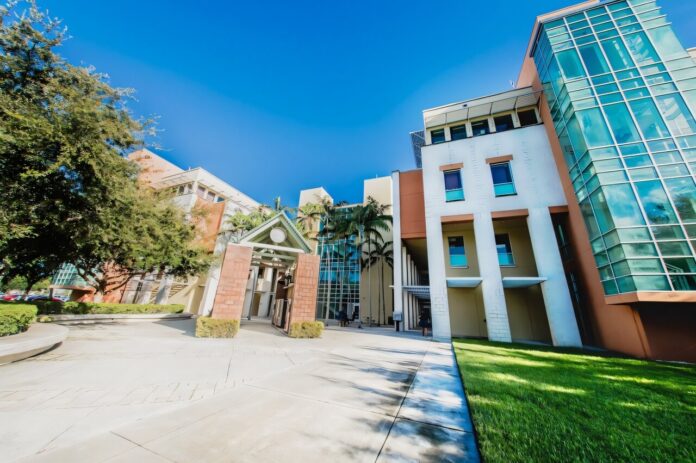Across the United States, children spend over 1,100 hours annually in school—time that profoundly shapes not only academic progress but also emotional and social development. Yet, for many students, the school environment can be a source of anxiety. School counselors play a critical role in addressing these challenges through evidence-based guidance programs.
Researchers from Florida Atlantic University recently conducted a qualitative study to assess how small-group counseling influences middle school students’ sense of connectedness to their school environment. The study was guided by the Advocating Student-Within-Environment (ASE) theory, which posits that students thrive when their emotional and social needs are met within the school context.
How the Study Worked
The research team worked with sixth-grade students in the Southeastern U.S., collecting data through pre- and post-intervention interviews, field notes, session transcripts, and student-generated artwork. Thematic analysis was used to identify key patterns in how the intervention helped students develop anger management, academic, and life skills—abilities that, in turn, strengthened their engagement and perception of school climate.
Key Findings
The results, published in the Journal of Child and Adolescent Counseling, revealed four key outcomes:
- Improved Anger Management and Conflict Resolution: Students learned practical strategies for regulating emotions, such as positive self-talk and seeking peer support.
- Development of Academic and Life Skills: The intervention equipped students with goal-setting, social problem-solving, and self-management skills.
- Increased Feelings of Connectedness and Safety: Students reported feeling more secure and supported within the school environment.
- More Positive Perceptions of School: Students’ overall views of their school climate improved.
Student Transformation
As the sessions progressed, students’ drawings and interview responses reflected a noticeable shift. Early portrayals of school were neutral or negative, but later work and statements highlighted friendship, belonging, and motivation to learn. This suggests that the intervention fostered a more positive emotional connection to the school environment.
The Power of Connection
“As the students became more connected to one another, so did their sense of contribution and compassion, which extended far beyond the school environment,” said Elizabeth Villares Sacks, Ph.D., co-author and chair of FAU’s Department of Counselor Education.
Small-group counseling provided students with more than just emotional regulation strategies; it created a space where they felt seen, heard, and valued. Through shared experiences, students recognized their strengths and saw themselves as capable contributors within their school communities.
Building Trust and Community
The study revealed notable growth in trust and community among group members. Students collaboratively developed confidentiality agreements and group norms, creating a safe space for authentic sharing and peer support. This suggests that the intervention fostered a sense of psychological safety, allowing students to open up and support one another.
Implications for Schools
The findings underscore the effectiveness of ASE-based small-group counseling in promoting students’ emotional and academic development. The results suggest that schools should prioritize counselor-led interventions that emphasize empathy, connection, and collaboration.
Study Details
The study involved five sixth-grade students identified as being at academic or behavioral risk. Over six weekly sessions, a trained school counselor led the students through the Student Success Skills (SSS) small group intervention, focusing on anger management, goal setting, social problem-solving, and self-management.
Future Research
The authors recommend further research on the long-term and systemic effects of ASE-aligned curricula, along with expanded training for counselors in evidence-based group facilitation. Their findings affirm that school investments in counselor-led interventions foster stronger, more resilient learning communities.
In conclusion, small-group counseling, when grounded in the Advocating Student-Within-Environment theory, offers a powerful tool for enhancing student well-being, strengthening school connectedness, and fostering more positive learning environments. The study’s findings suggest that prioritizing these interventions is a vital step toward creating more supportive and resilient school communities














































